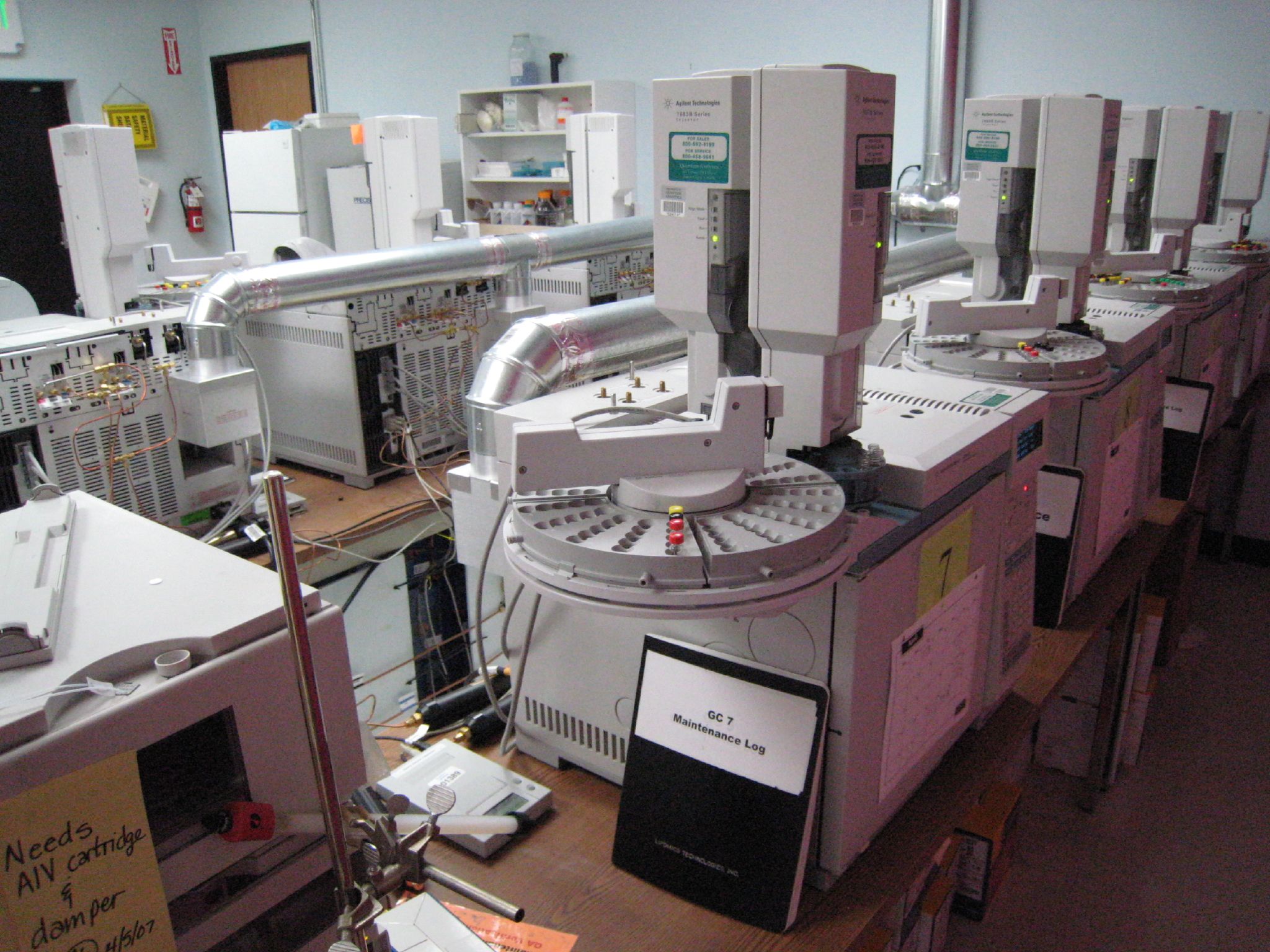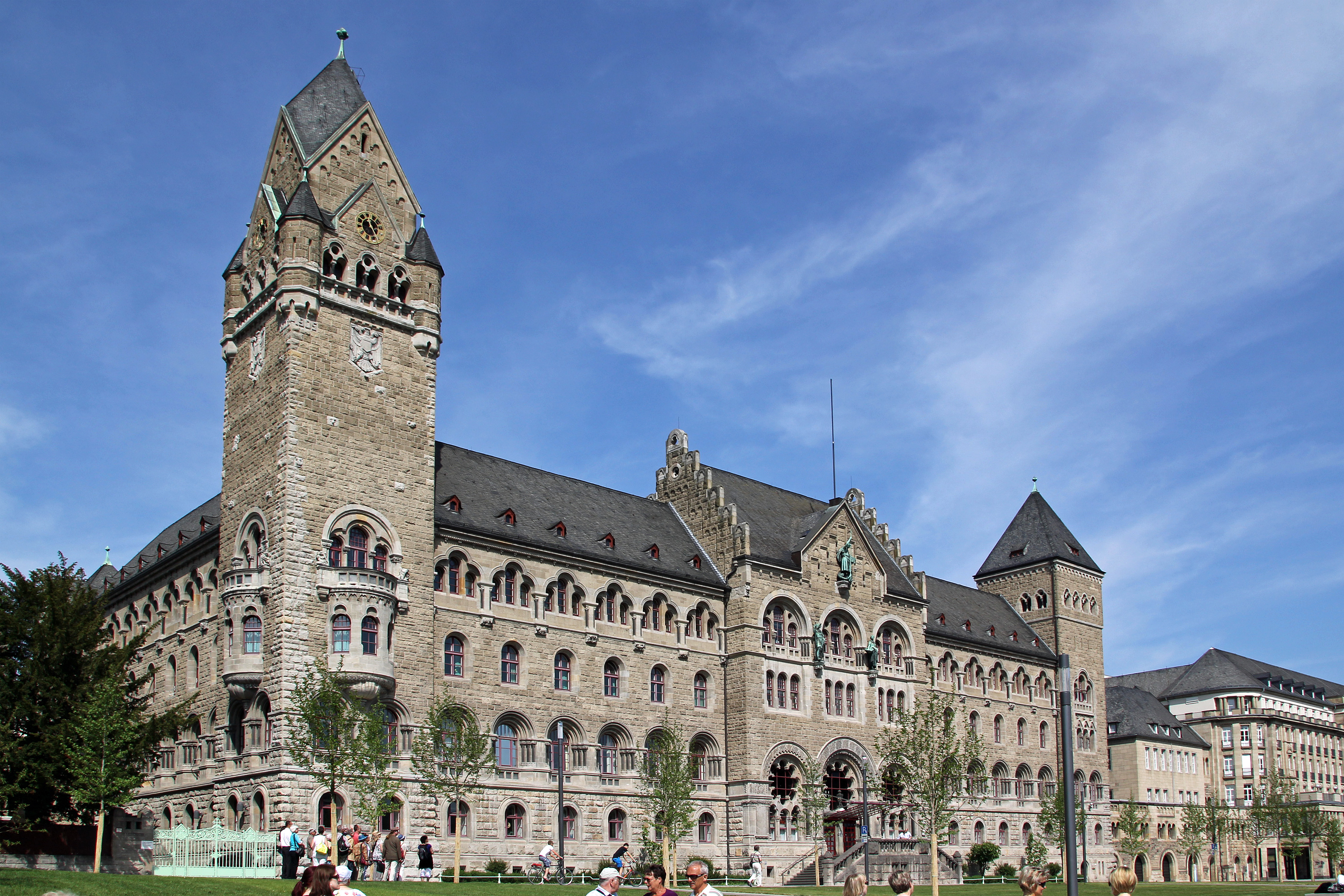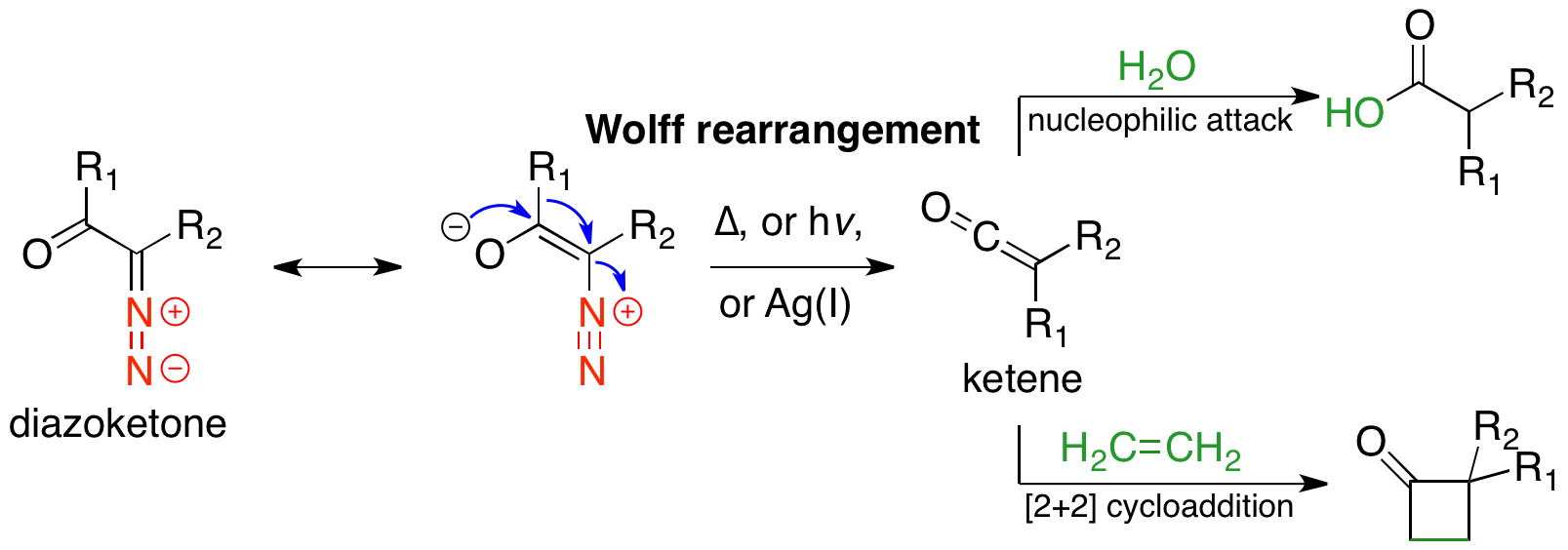|
Ludwig Wolff
Ludwig Wolff (27 September 1857 – 24 February 1919), born in Neustadt in Palatinate (region), Palatinate, was a German chemist. He studied chemistry at the University of Strasbourg, where he received his Ph.D. from Rudolph Fittig in 1882. He became Professor of analytical chemistry at the University of Jena in 1891 and held this position till his death in 1919. In 1911 he published a new reaction now known as the Wolff-Kishner reduction. His name is also associated with the chemical reaction known as the Wolff rearrangement (1912). References 1857 births 1919 deaths 19th-century German chemists People from the Rhine Province University of Strasbourg alumni Academic staff of the University of Jena People from Neustadt an der Weinstraße 20th-century German chemists {{Germany-chemist-stub ... [...More Info...] [...Related Items...] OR: [Wikipedia] [Google] [Baidu] |
Neustadt An Der Weinstraße
Neustadt an der Weinstraße (, formerly known as ; lb, Neustadt op der Wäistrooss ; pfl, Naischdadt) is a town in Rhineland-Palatinate, Germany. With 53,300 inhabitants , it is the largest town called ''Neustadt''. Geography Location The town itself lies in the western park of the Rhine-Neckar Metropolitan Region between the Haardt mountains, the eastern edge of the Palatinate Forest, and the western edge of the Upper Rhine Plain in the middle of the Palatinate wine region, an area that is around 10 km wide and 85 km long. The Speyerbach river flows through the town from west to east as does the Rehbach, which separates from the Speyerbach within the town at the ''Winzinger Wassergescheid'' before emptying into the River Rhine several kilometres further north than the Speyerbach. The borough, with its incorporated parishes, measures from west to east and from north to south. Its highest point is at the Hohe Loog House at the top of the Hohe Loog mountain ... [...More Info...] [...Related Items...] OR: [Wikipedia] [Google] [Baidu] |
Chemist
A chemist (from Greek ''chēm(ía)'' alchemy; replacing ''chymist'' from Medieval Latin ''alchemist'') is a scientist trained in the study of chemistry. Chemists study the composition of matter and its properties. Chemists carefully describe the properties they study in terms of quantities, with detail on the level of molecules and their component atoms. Chemists carefully measure substance proportions, chemical reaction rates, and other chemical properties. In Commonwealth English, pharmacists are often called chemists. Chemists use their knowledge to learn the composition and properties of unfamiliar substances, as well as to reproduce and synthesize large quantities of useful naturally occurring substances and create new artificial substances and useful processes. Chemists may specialize in any number of subdisciplines of chemistry. Materials scientists and metallurgists share much of the same education and skills with chemists. The work of chemists is often related to the ... [...More Info...] [...Related Items...] OR: [Wikipedia] [Google] [Baidu] |
Academic Staff Of The University Of Jena
An academy (Attic Greek: Ἀκαδήμεια; Koine Greek Ἀκαδημία) is an institution of secondary or tertiary higher learning (and generally also research or honorary membership). The name traces back to Plato's school of philosophy, founded approximately 385 BC at Akademia, a sanctuary of Athena, the goddess of wisdom and skill, north of Athens, Greece. Etymology The word comes from the ''Academy'' in ancient Greece, which derives from the Athenian hero, ''Akademos''. Outside the city walls of Athens, the gymnasium was made famous by Plato as a center of learning. The sacred space, dedicated to the goddess of wisdom, Athena, had formerly been an olive grove, hence the expression "the groves of Academe". In these gardens, the philosopher Plato conversed with followers. Plato developed his sessions into a method of teaching philosophy and in 387 BC, established what is known today as the Old Academy. By extension, ''academia'' has come to mean the accumulation, de ... [...More Info...] [...Related Items...] OR: [Wikipedia] [Google] [Baidu] |
University Of Strasbourg Alumni
A university () is an institution of higher (or tertiary) education and research which awards academic degrees in several academic disciplines. Universities typically offer both undergraduate and postgraduate programs. In the United States, the designation is reserved for colleges that have a graduate school. The word ''university'' is derived from the Latin ''universitas magistrorum et scholarium'', which roughly means "community of teachers and scholars". The first universities were created in Europe by Catholic Church monks. The University of Bologna (''Università di Bologna''), founded in 1088, is the first university in the sense of: *Being a high degree-awarding institute. *Having independence from the ecclesiastic schools, although conducted by both clergy and non-clergy. *Using the word ''universitas'' (which was coined at its foundation). *Issuing secular and non-secular degrees: grammar, rhetoric, logic, theology, canon law, notarial law.Hunt Janin: "The university i ... [...More Info...] [...Related Items...] OR: [Wikipedia] [Google] [Baidu] |
People From The Rhine Province
A person ( : people) is a being that has certain capacities or attributes such as reason, morality, consciousness or self-consciousness, and being a part of a culturally established form of social relations such as kinship, ownership of property, or legal responsibility. The defining features of personhood and, consequently, what makes a person count as a person, differ widely among cultures and contexts. In addition to the question of personhood, of what makes a being count as a person to begin with, there are further questions about personal identity and self: both about what makes any particular person that particular person instead of another, and about what makes a person at one time the same person as they were or will be at another time despite any intervening changes. The plural form "people" is often used to refer to an entire nation or ethnic group (as in "a people"), and this was the original meaning of the word; it subsequently acquired its use as a plural form of per ... [...More Info...] [...Related Items...] OR: [Wikipedia] [Google] [Baidu] |
19th-century German Chemists
The 19th (nineteenth) century began on 1 January 1801 ( MDCCCI), and ended on 31 December 1900 ( MCM). The 19th century was the ninth century of the 2nd millennium. The 19th century was characterized by vast social upheaval. Slavery was abolished in much of Europe and the Americas. The First Industrial Revolution, though it began in the late 18th century, expanding beyond its British homeland for the first time during this century, particularly remaking the economies and societies of the Low Countries, the Rhineland, Northern Italy, and the Northeastern United States. A few decades later, the Second Industrial Revolution led to ever more massive urbanization and much higher levels of productivity, profit, and prosperity, a pattern that continued into the 20th century. The Gunpowder empires, Islamic gunpowder empires fell into decline and European imperialism brought much of South Asia, Southeast Asia, and almost all of Africa under Colonialism, colonial rule. It was also marked ... [...More Info...] [...Related Items...] OR: [Wikipedia] [Google] [Baidu] |
1919 Deaths
Events January * January 1 ** The Czechoslovak Legions occupy much of the self-proclaimed "free city" of Pressburg (now Bratislava), enforcing its incorporation into the new republic of Czechoslovakia. ** HMY ''Iolaire'' sinks off the coast of the Hebrides; 201 people, mostly servicemen returning home to Lewis and Harris, are killed. * January 2– 22 – Russian Civil War: The Red Army's Caspian-Caucasian Front begins the Northern Caucasus Operation against the White Army, but fails to make progress. * January 3 – The Faisal–Weizmann Agreement is signed by Emir Faisal (representing the Arab Kingdom of Hejaz) and Zionist leader Chaim Weizmann, for Arab–Jewish cooperation in the development of a Jewish homeland in Palestine, and an Arab nation in a large part of the Middle East. * January 5 – In Germany: ** Spartacist uprising in Berlin: The Marxist Spartacus League, with the newly formed Communist Party of Germany and the Independent Social Democ ... [...More Info...] [...Related Items...] OR: [Wikipedia] [Google] [Baidu] |
1857 Births
Events January–March * January 1 – The biggest Estonian newspaper, ''Postimees'', is established by Johann Voldemar Jannsen. * January 7 – The partly French-owned London General Omnibus Company begins operating. * January 9 – The 7.9 Fort Tejon earthquake shakes Central and Southern California, with a maximum Mercalli intensity of IX (''Violent''). * January 24 – The University of Calcutta is established in Calcutta, as the first multidisciplinary modern university in South Asia. The University of Bombay is also established in Bombay, British India, this year. * February 3 – The National Deaf Mute College (later renamed Gallaudet University) is established in Washington, D.C., becoming the first school for the advanced education of the deaf. * February 5 – The Federal Constitution of the United Mexican States is promulgated. * March – The Austrian garrison leaves Bucharest. * March 3 ** France and the United Kingdom for ... [...More Info...] [...Related Items...] OR: [Wikipedia] [Google] [Baidu] |
Analytical Chemistry
Analytical chemistry studies and uses instruments and methods to separate, identify, and quantify matter. In practice, separation, identification or quantification may constitute the entire analysis or be combined with another method. Separation isolates analytes. Qualitative analysis identifies analytes, while quantitative analysis determines the numerical amount or concentration. Analytical chemistry consists of classical, wet chemical methods and modern, instrumental methods. Classical qualitative methods use separations such as precipitation, extraction, and distillation. Identification may be based on differences in color, odor, melting point, boiling point, solubility, radioactivity or reactivity. Classical quantitative analysis uses mass or volume changes to quantify amount. Instrumental methods may be used to separate samples using chromatography, electrophoresis or field flow fractionation. Then qualitative and quantitative analysis can be performed, often with t ... [...More Info...] [...Related Items...] OR: [Wikipedia] [Google] [Baidu] |
Palatinate (region)
The Palatinate (german: Pfalz; Palatine German: ''Palz'') is a region of Germany. In the Middle Ages it was known as the Rhenish Palatinate (''Rheinpfalz'') and Lower Palatinate (''Unterpfalz''), which strictly speaking designated only the western part of the Electorate of the Palatinate (''Kurfürstentum Pfalz''), as opposed to the Upper Palatinate (''Oberpfalz''). It occupies roughly the southernmost quarter of the German federal state of Rhineland-Palatinate (''Rheinland-Pfalz''), covering an area of with about 1.4 million inhabitants. Its residents are known as Palatines (''Pfälzer''). Geography The Palatinate borders Saarland in the west, historically also comprising the state's Saarpfalz District. In the northwest, the Hunsrück mountain range forms the border with the Rhineland region. The eastern border with Hesse and the Baden region runs along the Upper Rhine river, while the left bank, with Mainz and Worms as well as the Selz basin around Alzey, belong to th ... [...More Info...] [...Related Items...] OR: [Wikipedia] [Google] [Baidu] |
Rhine Province
The Rhine Province (german: Rheinprovinz), also known as Rhenish Prussia () or synonymous with the Rhineland (), was the westernmost province of the Kingdom of Prussia and the Free State of Prussia, within the German Reich, from 1822 to 1946. It was created from the provinces of the Lower Rhine and Jülich-Cleves-Berg. Its capital was Koblenz and in 1939 it had 8 million inhabitants. The Province of Hohenzollern was militarily associated with the Oberpräsident of the Rhine Province. The Rhine Province was bounded on the north by the Netherlands, on the east by the Prussian provinces of Westphalia and Hesse-Nassau, and the grand duchy of Hesse-Darmstadt, on the southeast by the Palatinate (a district of the Kingdom of Bavaria), on the south and southwest by Lorraine, and on the west by Luxembourg, Belgium and the Netherlands. The small exclave district of Wetzlar, wedged between the grand duchy states Hesse-Nassau and Hesse-Darmstadt was also part of the Rhine Province. The pr ... [...More Info...] [...Related Items...] OR: [Wikipedia] [Google] [Baidu] |
Wolff Rearrangement
The Wolff rearrangement is a reaction in organic chemistry in which an α-diazocarbonyl compound is converted into a ketene by loss of dinitrogen with accompanying 1,2-rearrangement. The Wolff rearrangement yields a ketene as an intermediate product, which can undergo nucleophilic attack with weakly acidic nucleophiles such as water, alcohols, and amines, to generate carboxylic acid derivatives or undergo +2cycloaddition reactions to form four-membered rings. The mechanism of the Wolff rearrangement has been the subject of debate since its first use. No single mechanism sufficiently describes the reaction, and there are often competing concerted and carbene-mediated pathways; for simplicity, only the textbook, concerted mechanism is shown below. The reaction was discovered by Ludwig Wolff in 1902. The Wolff rearrangement has great synthetic utility due to the accessibility of α-diazocarbonyl compounds, variety of reactions from the ketene intermediate, and stereochemical ret ... [...More Info...] [...Related Items...] OR: [Wikipedia] [Google] [Baidu] |



_1938.jpg)





